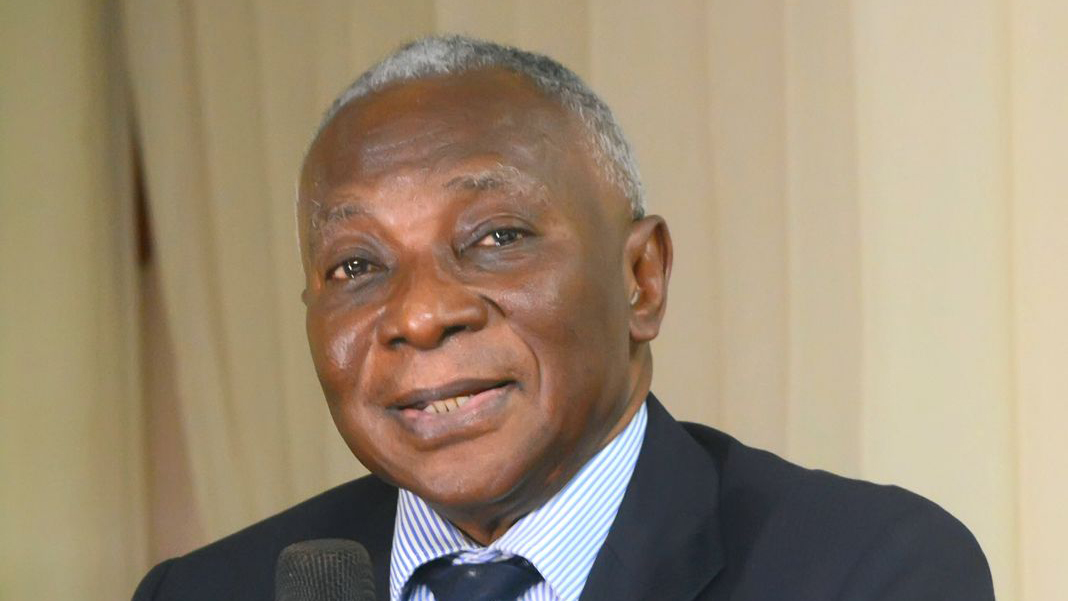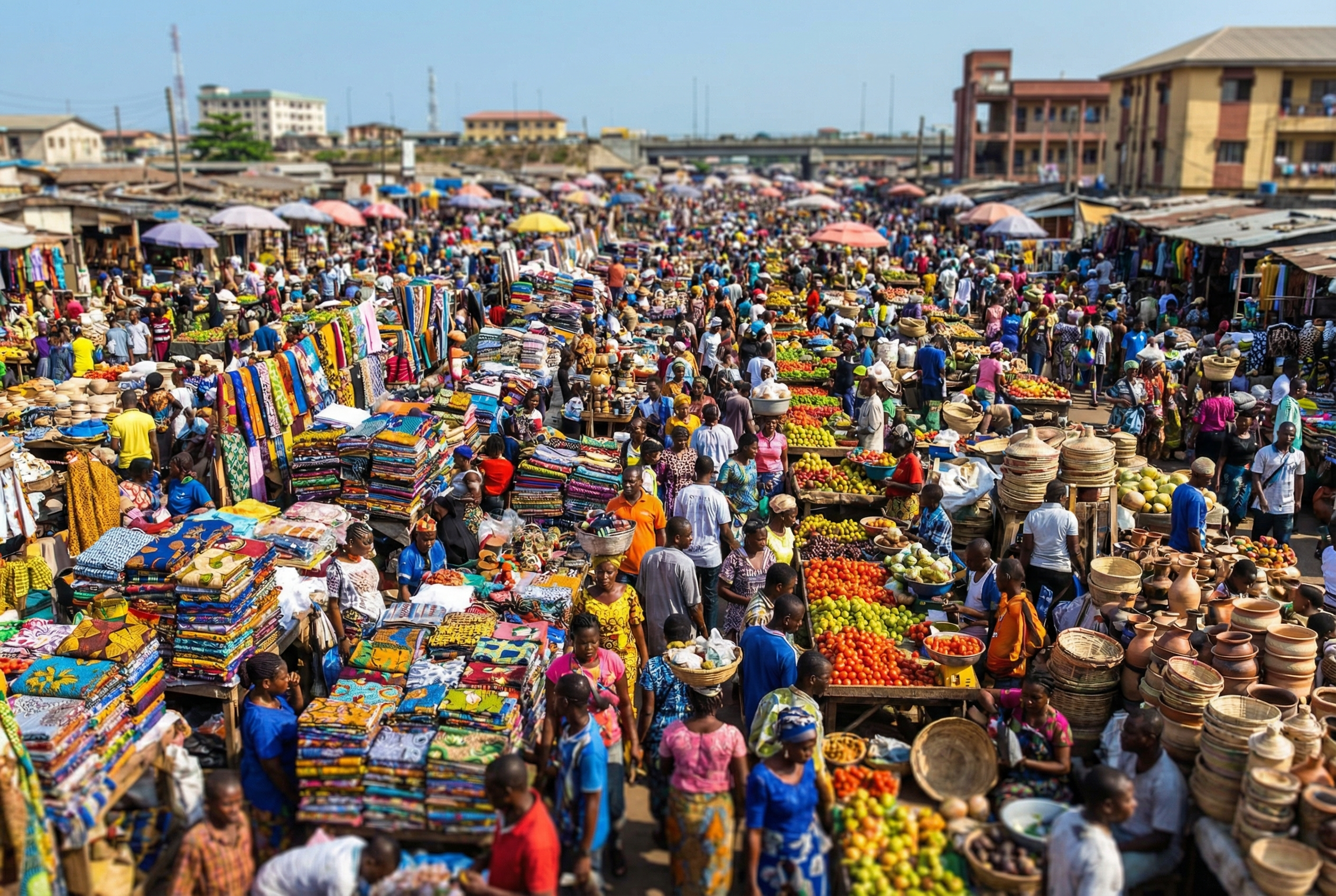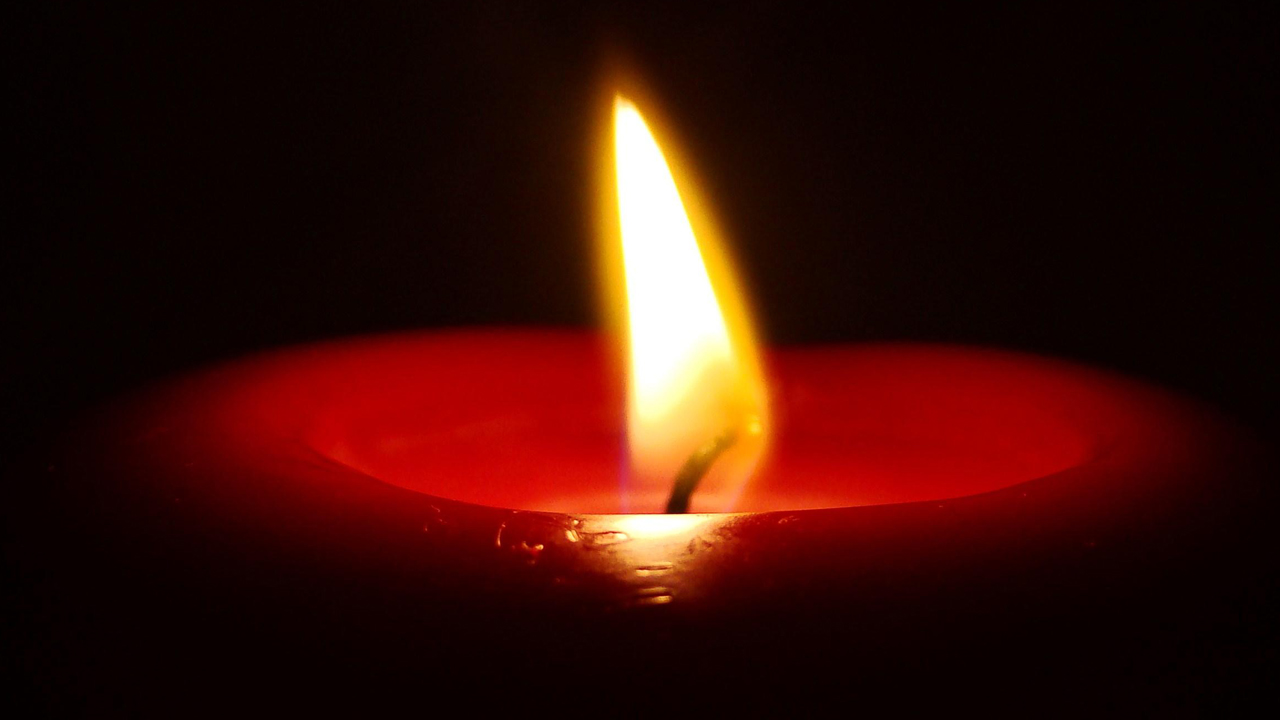 At the end of the retreat, the Secretary to the Government of the Federation, Chief Ufot Ekaette, read out a communiqué on harmonizing the Functions of Ministers and Minister of State. He declared “at the inception of this administration, Mr. President in consonance with Section 148 of the 1999 Constitution, assigned responsibilities to Honourable Ministers, Ministers of State, Special Advisers, etc. The exercise was to ensure that every Minister had well spelt out functions and that by each focusing on specific areas, achieving the goals of Government would be accelerated.
At the end of the retreat, the Secretary to the Government of the Federation, Chief Ufot Ekaette, read out a communiqué on harmonizing the Functions of Ministers and Minister of State. He declared “at the inception of this administration, Mr. President in consonance with Section 148 of the 1999 Constitution, assigned responsibilities to Honourable Ministers, Ministers of State, Special Advisers, etc. The exercise was to ensure that every Minister had well spelt out functions and that by each focusing on specific areas, achieving the goals of Government would be accelerated.
It was never meant to split a Ministry into two functional (or, in extreme cases, factional) units, making cohesion and mobilisation of available resources for effective execution of mandate of Ministries impossible to achieve. Ministries must be run as single units, and both Ministers must be aware of every detail of their operations. At both 2nd and 3rd Retreats we recognized that the recurring issues of inter-personal relationship between Ministers, Ministers of State and Permanent Secretaries is a question of human relationship and urged participants to draw from the example of the relationship and urged participants to draw from the example of the relationship between Mr. President and Vice President and the other Principal officers in the Presidency and use that as a model”.
Since then, the conflict between Ministers and Ministers of State is yet to be resolved and worse still, they have a joint Permanent Secretary.
At present the following are Federal Ministries—Ministry of Petroleum, Ministry of Federal Capital Territory, Ministry of Niger Delta, Ministry of Labour and Employment, Ministry of Environment, Ministry of Education, Ministry of Special Duties, Ministry of Agriculture and Rural Development, Ministry of Power, Ministry of Science and Technology, Ministry of Health, Ministry for Budget, Ministry of Industry, Trade and Investment, Ministry of Foreign Affairs, Ministry of Communication, Ministry of Water Resources, Ministry of Finance, Ministry of Environment, Ministry of Defence, Ministry of Aviation, Ministry of Justice, Ministry of Information and Culture, Ministry of Transportation, Ministry of Works and Housing, Ministry of Mines and Steel Development, Ministry of Interior, Ministry of Youth and Sports, Ministry of Women Affairs , Ministry of Police Affairs and Ministry of Humanitarian Affairs, Disaster Management and Social Development
The 1999 Constitution empowers the President to nominate a Minister from each state as well as the Federal Capital Territory, Abuja. Since we have thirty Ministries, what the President should do is to upgrade seven Ministries for special duties. We don’t want a situation where someone will be classified a super human being with three Ministries attached to him with cabinet rank, while others will be classified as mere Ministers of State.
There is nowhere in the 1999 Constitution where a minister is designated Minister of State.
Ministers of State are suffering in silence inspite of their schedule of responsibilities. They feel dehumanised and feel inferior. Their agony should be avoided.
Moreover, we should stop the current procedure of appointing six Ministers to represent the six geographical zones in the country. It makes the CABINET to be in fact too large and uncontrollable. Zones are not recognized in the Constitution.
Expectedly, the issue of appointments has split the caucus of President Elect, Asiwaju Ahmed Bola Tinubu. One hopes that the split will not deepen further. It happens always when sharing the spoils of war. It is inevitable given the circumstances of his victory in the Presidential election which in still in dispute.
Sharing the spoils of war is in fact more difficult than winning the war. The President Elect I am sure knows what to do, for you do not teach an old dog new tricks. He should however note that his choice of appointments will no doubt shape his PRESIDENCY. He should be reminded constantly that the fate of his PRESIDENCY is still in court. He should learn from two examples, Namibia and Kenya, where the courts have removed the incumbent Presidents.
On February 3, 2020, the Constitutional Court in Malawi removed from office, President Peter Matharika and on May 8, 2020, the Supreme Court, headed by Justice Andrew Nyrenda, approved the removal with 4 to 2 votes. In Kenya, the Supreme Court headed by Justice David Kenani Maraga(72) in August 2017, removed the then President, Uhuru Kenyatta, and ordered a rerun of the Presidential election. President Kenyatta later won the rerun election against Raila Odinga.
I don’t know when the Supreme Court in Nigeria will finally decide on the Presidential Election. If I am to go by past records, I don’t think the judgment can be earlier than November. Right now the President of the Court of Appeal, Honourable Justice Monica Dongban-Mensem(66) is yet to name members of the Presidential Election Panel, although she has constituted members of the state appeal panels. The last chairman of the Panel, Mr. Justice Muhammmed Lawan Garuba(65) from Zamfara state, was on November 6, 2020 elevated to the Supreme Court. He was among the six judges whose names were sent to President Muhammadu Buhari for Senate confirmation in 2020.
Justice Garuba’s panel gave judgment on the appeal filed by former Vice President, Atiku Abubakar on September 12 2019 while the final judgment was given on October 30, 2019. It was a unanimous decision by the Supreme Court then, presided over by the then Chief Justice, Tanko Mohammed(69) GCON.
Other judges of the Supreme Court that gave the judgment were Justice Bode Rhode-Vivour, Justice Kayode Ariwoola, Justice Amiru Sanusi, Justice John Okoro, Justice Ejembi Eko and Justice Uwuni Abba Aji.
Even before the Supreme Court gives final ruling, after inauguration on Monday, May 29, President Bola Ahmed Tinubu, has enough time to show his credentials to this country that he truly deserves to be the President.
Concluded
Teniola, a former Director at the Presidency wrote from Lagos.






